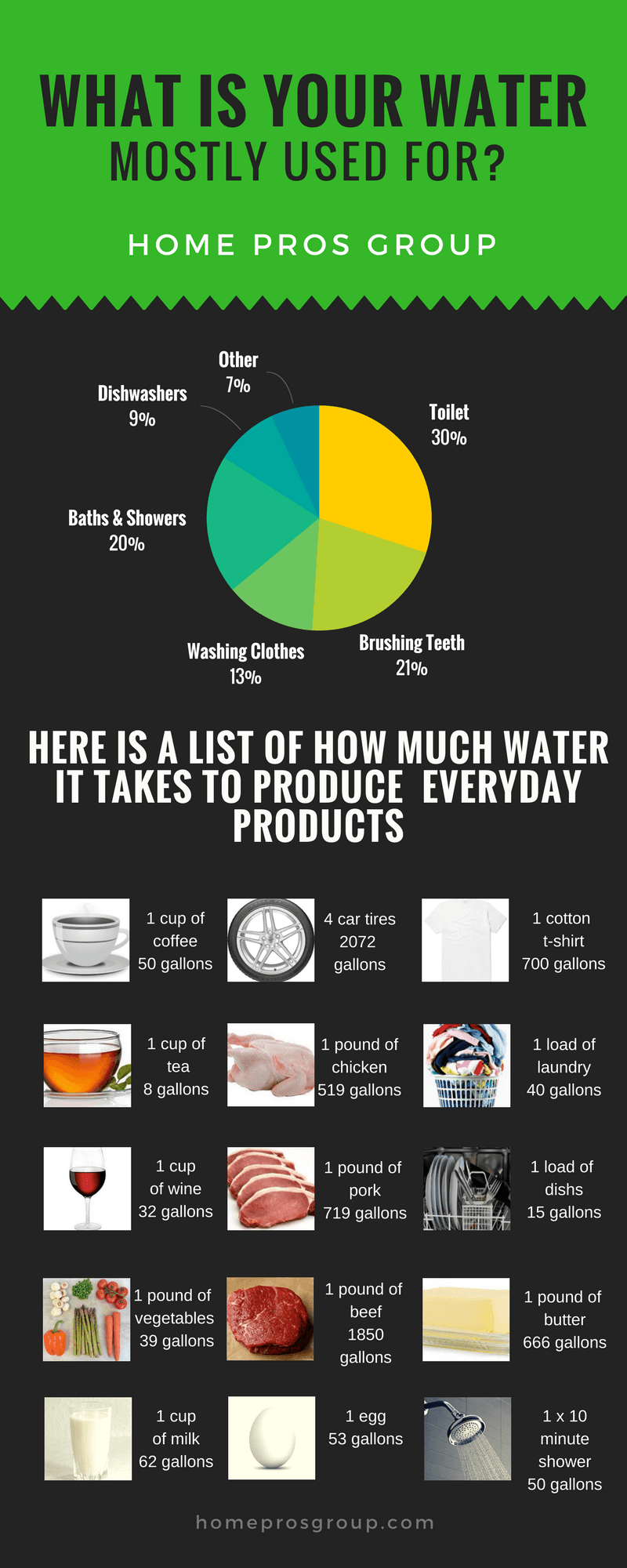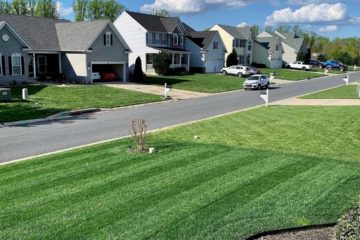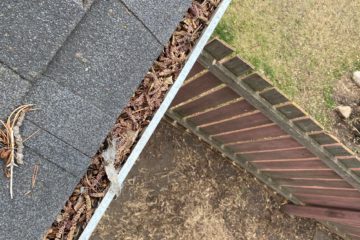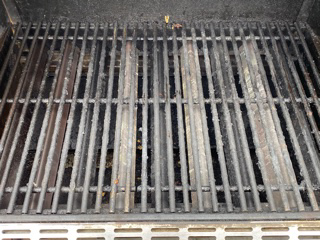Ways to save water
Do you prefer coffee or tea? you might ask what does this have to do with saving water? They’re both only one cup right? Well not quite right, If you include the amount of water it took to grow both the tea leafs or the coffee beans then the amount of water usage is a huge difference.
It takes approximately 50 gallons of water to produce enough coffee for a single cup, whereas it only takes 8 gallons of water to grow the tea leaves to produce a single cup of tea. Astonishing as it may sound it takes 2500 gallons of water to grow enough beans for one pound of roasted coffee. So although you are not directly responsible for the 153 gallons of water you used to drink 3 cups of coffee today, you kind of are.

Here is a list of how much water it takes to produce a list of everyday products
Cup of tea: 8 gallons of water to produce
One slice of wheat bread: 10.6 gallons of water to produce
One load of dishes in a dishwasher: 15 gallons of water
1 Apple: 18.5 gallons of water to produce
One pint of beer: 19.81 gallons to produce
10 minute shower (high flow): 50 gallons of water
10 minute shower (low flow): 25 gallons of water
10 minutes dishwashing by hand: 30 gallons of water
One glass of wine: 31.7 gallons of water to produce
One load of laundry: 40 gallons of water
One glass of orange juice: 45 gallons of water to produce
One egg: 53 gallons of water to produce
One glass of milk: 62.5 gallons of water to produce
1 typical newspaper: 80 gallons of water
One pound of potatoes: 119 gallons of water to produce
One pound of sugar: 180 gallons of water to produce
One pound of vegetables: 39 gallons of water to produce
One pound of instant potatoes: 227 gallons of water to produce
One cotton t-shirt: 700 gallons of water
1 lb cereal grains: 197 gallons of water to produce
A set of 4 new tires: 2072 gallons of water
One pound of chicken meat: 519 gallons of water to produce
1 lb of butter: 666 gallons of water to produce
1 lb of pork: 719 gallons of water to produce
1 lb of beef: 1850 gallons of water to produce
Are you as shocked as I was at this list, you don’t really think about how much water goes into producing the products that we consume. I would have never thought that our steak dinner would have used 1850 gallons of water to produce, But after thinking about it and realizing how much water the cow will drink over the course of its lifetime it makes sense. I am not saying become a vegetarian to conserve water, but it would save 94,193 gallons of water per year eating vegetables versus just one pound of beef per week. You could skip the beef and go straight to chicken which would save 69,212 gallons of water per year. if you are not willing to change your diet plans, there are still a few things that you can do to really reduce your water usage. or you could stop drinking coffee and replace it with a cup of tea instead, having one cup of tea versus one cup of coffee per day will reduce your overall water usage by 10,950 gallons per year.
One of the easiest and first things that you should consider is changing your shower head from a high flow to a low-flow, this one simple thing will reduce your water usage by 9,125 gallons per year.
If you are truly looking to conserve water the best way to go about it is to stop wasting it. Always follow the Reduce, Reuse and recycle in your everyday life, especially when it comes to water usage. Check for anything that might be leaking water, such as tabs or a continuously running toilet. You could also consider replacing your lawn with a more drought-resistant landscaping option. Another great Landscaping tip will be to use grey water when Watering your plants. you can also start washing your car at a carwash station that recycles its water versus using fresh water with every wash.
I used to love reading the paper, I will get one every single day on my way to work, I don’t need to do this anymore because I read all my news on the internet now usually on my phone. I didn’t start doing this because I wanted to conserve water it was just a fantastic side benefit. Now that I’m aware that it takes 80 gallons of water to produce just one newspaper I would have looked for an alternative anyway. at 80 gallons per paper, that means I would have been using 400 gallons a week and 20,800 gallons every year just to read the news.
Some of the other daily things that we can do to reduce our water footprint is making sure that the dishwasher is full before running it, and the same goes with the washing machine. these appliances are going to use the same amount of water no matter how much clothes or dishes are in them. Some clothes washers do have settings that will allow you to choose a lower water option if you are not going to fill the machine.
I do still enjoy my morning coffee, but I hate to admit that I used to drink 4 cups a day, that means that I was consuming 73000 gallons of water per year just on my coffee habit. I have now switched to drinking one cup of coffee per day and two cups of tea, this has reduced my water consumption by 48,910 gallons per year. I know this isn’t perfect and that I should really just kick the copy have it all together, but baby steps I’m getting closer every day.
I am not a big consumer of orange juice so I don’t have to worry about those 16,717 gallons of water that I would be using every year had I had one cup of orange juice every day. I do enjoy a beer every now and again and apparently, that is much better than milk when it comes to conserving water. if you were to consume one glass of beer per day versus one glass of milk per day you would save 15,582 gallons of water every year.
How much water do we use as individuals and where does it go?
As an individual we use 165 liters on average per day, A family of three will use 450 liters per day and a typical family of four will use 70,000 liters per year.
What is all this water used for?
30% goes to flushing the toilet
21% goes 2 baths and brushing teeth
13% goes to washing clothes and dishwashers
12% goes to showers
8% goes to washing up
7% goes outdoors for things like Landscaping
5% other
4% is used as drinking water
Your bathroom is the biggest consumer of water in your house
The biggest consuming area of water in our homes is the bathroom, it accounts for almost 70% of all water usage in the average home. leaving the tap running while brushing your teeth can waste up to 6 liters of water per minute.
Installing a high-efficiency toilet is a great way of conserving water, older toilets used tween 3.5 gallons and 7 gallons of water with every flush. new toilets are only allowed to use 1.6 gallons of water per flush and high-efficiency toilets only used 1.28 gallons of water per flush. In the average household, the toilet is flushed 15 times per day. If your home uses an older toilet this could mean that you’re using 105 gallons of water per day just flushing the toilet. If you were to switch over to a new high efficient toilet that number would be reduced to 19.2 gallons, the savings of 85.8 gallons of water every day, or 31,317 gallons of water per year.
Water conservation is about a better tomorrow
Here in Canada, we are pretty fortunate when it comes to water, Canada has about 20% of the world’s total freshwater resources. The rest of the world, including our neighbors to the South, are not so fortunate. Certain parts of the United States face drought every year, California is a prime example.
A lack of water has many impacts on society, it affects our environment and communities. Here are just a few of the impacts caused by drought.
- Destroyed crops
- Wildfires
- Lack of hydroelectric power
- Not enough drinking water or food for wild animals
- Changes the migration patterns of wild animals
- Wetlands are reduced or completely destroyed
- Anxiety in the population due to economic losses
- Health issues related to increasing dust in the air
- Loss of human life
These are just a few effects and impacts due to a lack of water. it is our duty as a society to try to conserve as much water as possible. Although we are rarely affected in Canada By a lack of water, we still have the responsibility of thinking about tomorrow and other people who are not as fortunate.
I sincerely hope that some of these tips will help you in your efforts to conserve water. it is mostly common sense and little steps that will make a huge difference.



